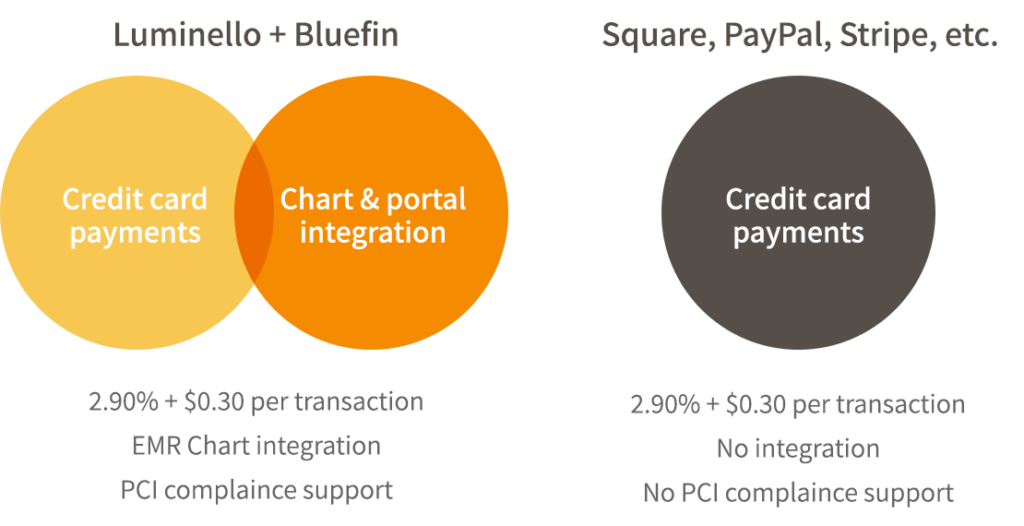When facing mental health challenges, everyone benefits from someone in their corner cheering on their growth and healing. The hope is that this support can not only come from therapeutic sources, but also from family. As practitioners, we see that all too often this is not a reality, and clients face not only non-supportive but even debilitating dynamics with their families. As a practitioner, I believe first and foremost in a client’s ability to tap into resilience, empowerment, and community of choice. This article explores the strategies and approaches we, as practitioners, can utilize to assist clients without supportive families including helpful online resources. (In the following, click the hyperlinks to be redirected to resource pages.)
Understanding the Impact of Unsupportive Families
Research consistently shows that clients with supportive families generally have better recovery outcomes within treatment. Individuals, whose families are unsupportive, dismissive, or do not put value on emotional health tend to be more vulnerable to mental health challenges. If we look at this through an attachment lens, families that do not support a child’s emotional or relational development can have long lasting impacts.
Families’ supportiveness is rarely black or white and more frequently ranges within different life domains. For instance, a family may actively support academic or athletic achievements but disregard the emotional wellbeing of a family member.
Families who are generally unsupportive of mental health care may explicitly or implicitly prevent children, adolescents, or dependent adults from seeking out needed mental health support. As we know, delays in care can range from detrimental to deadly. Once these individuals are able to meet with a mental health professional, lack of familial support can add unique challenges that can hinder their recovery. Lack of emotional support and unchanging dynamics with the family can make recovery feel like an isolated uphill battle. It is vital for mental health professionals to acknowledge and empathize with these circumstances to effectively address their clients’ needs.
Cultivating a Therapeutic Alliance
A good therapeutic alliance is the cornerstone to effective mental health treatment. This element becomes especially important when working with a client who lacks family support. Trust and rapport serve as the foundation for creating a safe space where clients can open up and share their experiences. For clients who come from an unsupportive family setting, developing trust in an authority figure may take time and concerted effort. Patience, consistency, and empathy are important building blocks in working with this population.
Resource: Counseling Today A Publication of the American Counseling Association looks at Four lessons in Building Therapeutic Relationships
While unsupportive families can impact care for all age ranges, it creates particular therapeutic challenges for those working with youth. Depending on state and agency laws, involvement of guardians in the treatment of underage individuals is often mandatory and considered best practice. This can add quite a bit of complexity for practitioners who not only are navigating the client’s mental health, but also working with family members who have no desire to be engaged in the process. Although these dynamics are frustrating even for the best of us, it gives us an opportunity to work with the environment the client is regularly facing.
Building a rapport with a client’s family is important, even if that rapport entails family members actively discouraging the therapy process. In my experience working with youth, even the most seemingly unsupportive guardians still have a desire for their child’s wellbeing. This very sentiment can be utilized as the connecting thread between providers and family members.
Resource: The Counseling Connection looks at ways to Build Rapport With Parents who are unsupportive.
Facilitating Autonomy
Without the support of family, many individuals are left with the heavy load of navigating the health care system. Mental health professionals can play a crucial role in empowering these clients through education. In my experience, many individuals with unsupportive families have understandable concerns about what will be disclosed to family members over the course of treatment. Informing clients of all ages about what privacy/confidentiality laws are in place can empower clients to make informed decisions about treatment.
If clients come from families where emotions were rarely discussed, the concept of therapy may feel foreign and even intimidating. Therefore providing these clients with psycho-education about the therapy process is a way to create rapport and decrease treatment anxiety. Special attention may be given to informing clients about their autonomy within treatment, focusing on their ability to set goals and inform pace. By supporting clients in becoming experts in their own experience, mental health professionals can help them build a sense of emotional mastery.
Resource: The World Health Organization addresses Autonomy in health decision-making – a key to recovery in mental health care.
Establishing a Network of Support
While family support may be lacking, mental health professionals can help clients establish alternative support systems. An empowering term that has recently gained momentum is “family of choice”. This concept encompasses the idea that while we do not get to choose the family we were born into, we do get to choose with whom we create emotional and relational intimacy as we mature.
As practitioners, we can work with clients in exploring what attributes and values they seek most within their relationships and assist them in exploring how to develop these relationships. We can assist them in looking at their interpersonal inventory and identifying already established relationships that can be sources of support. For those who are early in the stages of interpersonal development, we may encourage clients to engage in group treatment in order to develop communication skills and find others with shared lived experience.
Mental Health First Aid organization writes on The importance of a support system and basic ways to facilitate support growth.
Developing Coping Strategies
One of the most difficult things I experienced when working with clients who live with unsupportive or dysfunctional families was the session endings. I knew that these clients had to reenter a situation that was causing the very distress we had explored in session. It was clear that assisting clients in developing effective coping strategies tailored to their unique situations was crucial. For youth whose parents would frequently get into loud verbal altercations, we would use part of sessions to create playlists for them to play in their rooms, so that they would have something else to listen to in those moments. As clinicians, we can empower our clients to refine coping strategies using techniques they may already be accessing or help them in developing new ones.
Resource: Akron’s Children Clinic has composed 99 Healthy Coping Skills list. While this list is targeted towards children, many can be applied to individuals of all ages.
Addressing Grief
Most of us were taught early on the idyllic image of a family: loving and accepting parents, caring siblings, and a home in which one feels safe and supported. Clients without supportive families often grapple with the grief of the environment and family they wished they had. This grief is best not overlooked within treatment. Exploring this may involve employing therapeutic techniques, such as grief counseling, journaling, or creative expression. Supporting clients through the grief process can assist in processing experiences and growing self compassion. Resource: VCU explores Grief Counseling Techniques and Interventions.


